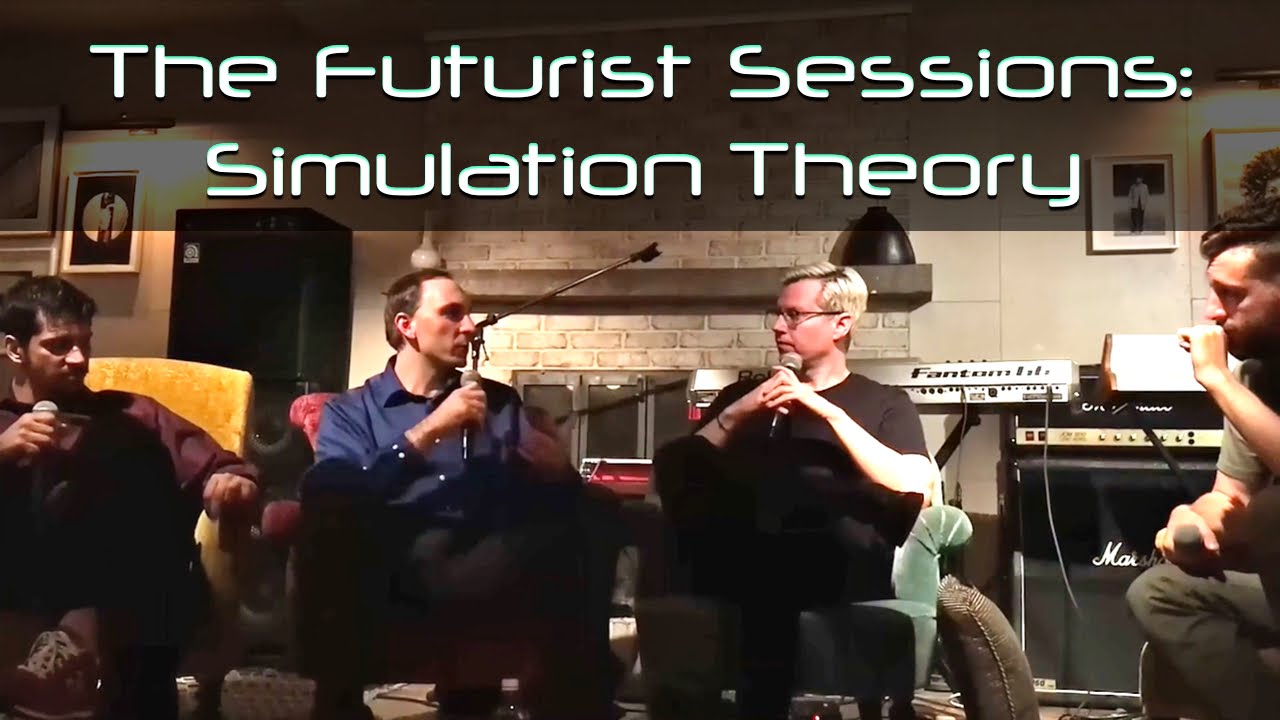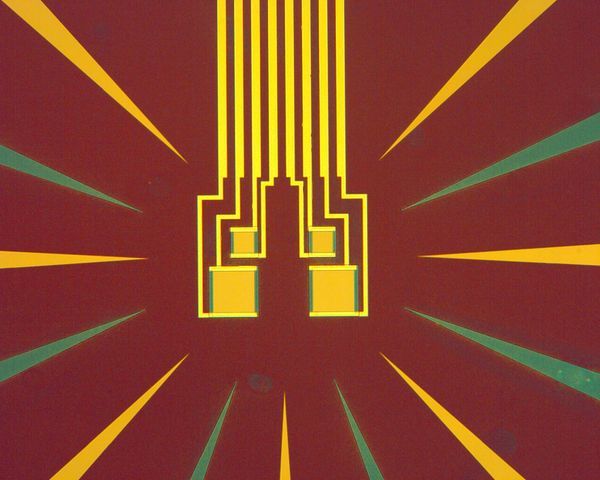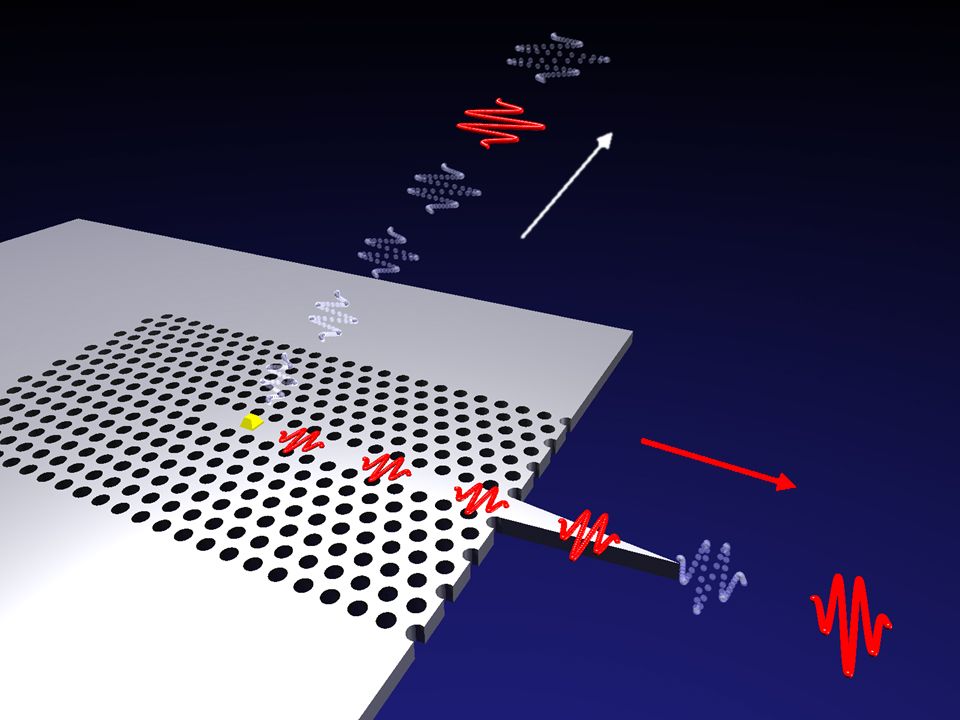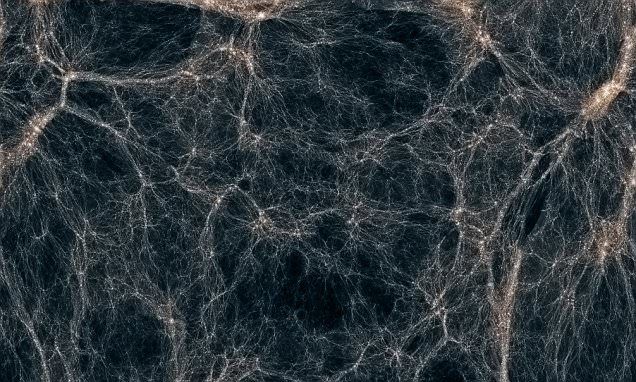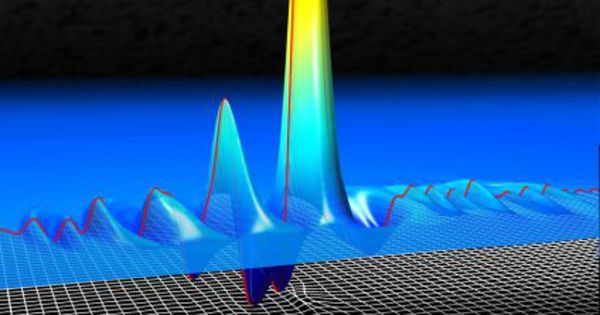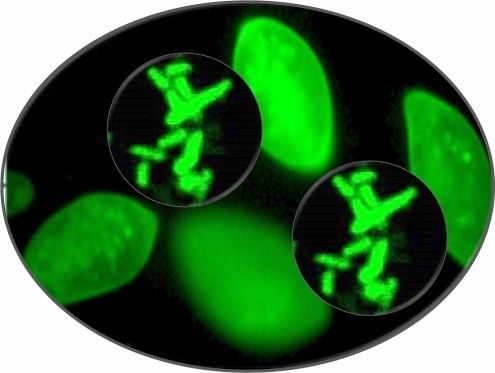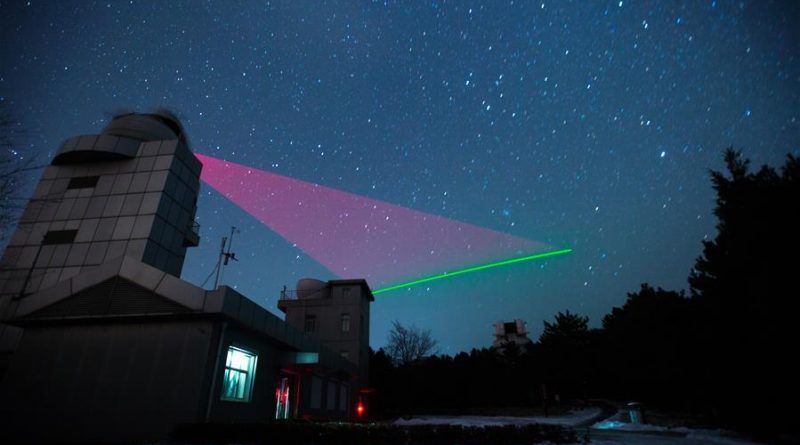A discussion about Simulation theory, quantum mechanics and Super Mario!
Futurists Keith Comito, Gray Scott, Luis Arana, and Zach Waldman talk about the simulation theory as part of the #FuturistSessions at the Soho House New York. Discussions include quantum mechanics, mathematical realism vs mathematical fictionalism, the Matrix, Pacman, and Mario!
Support our campaigns: https://www.lifespan.io/
